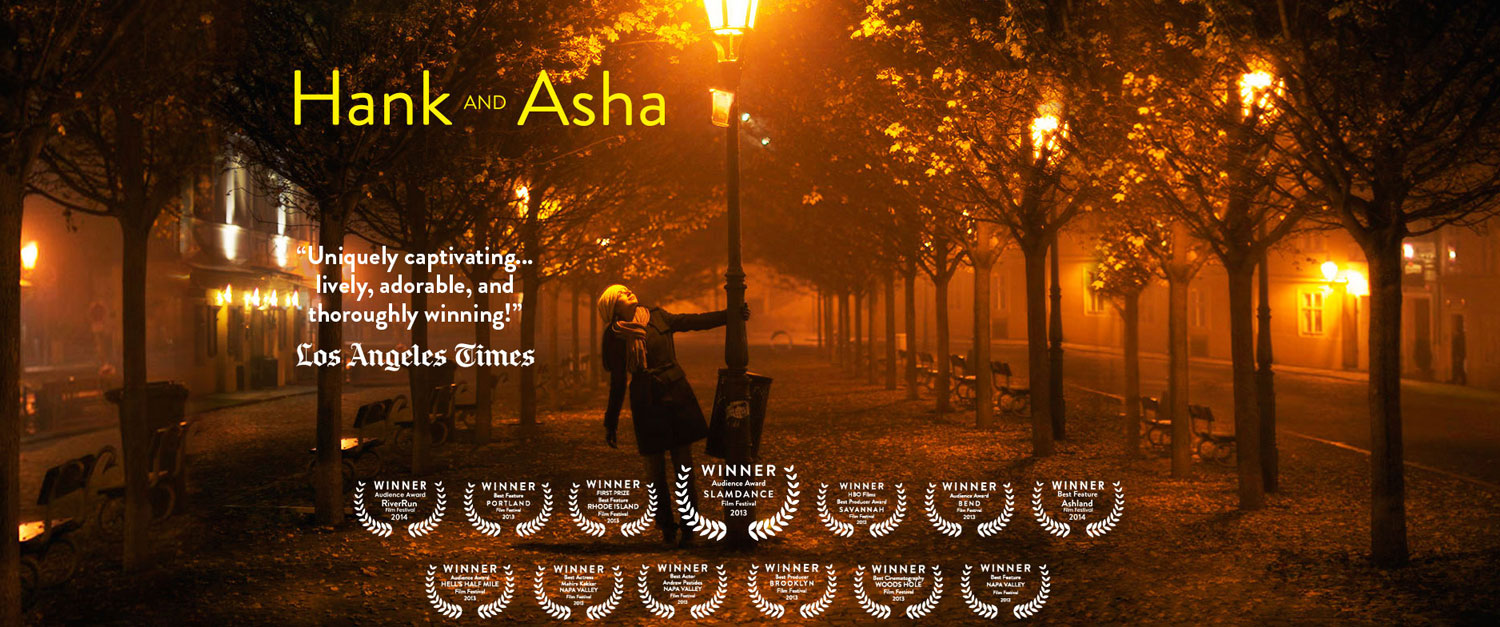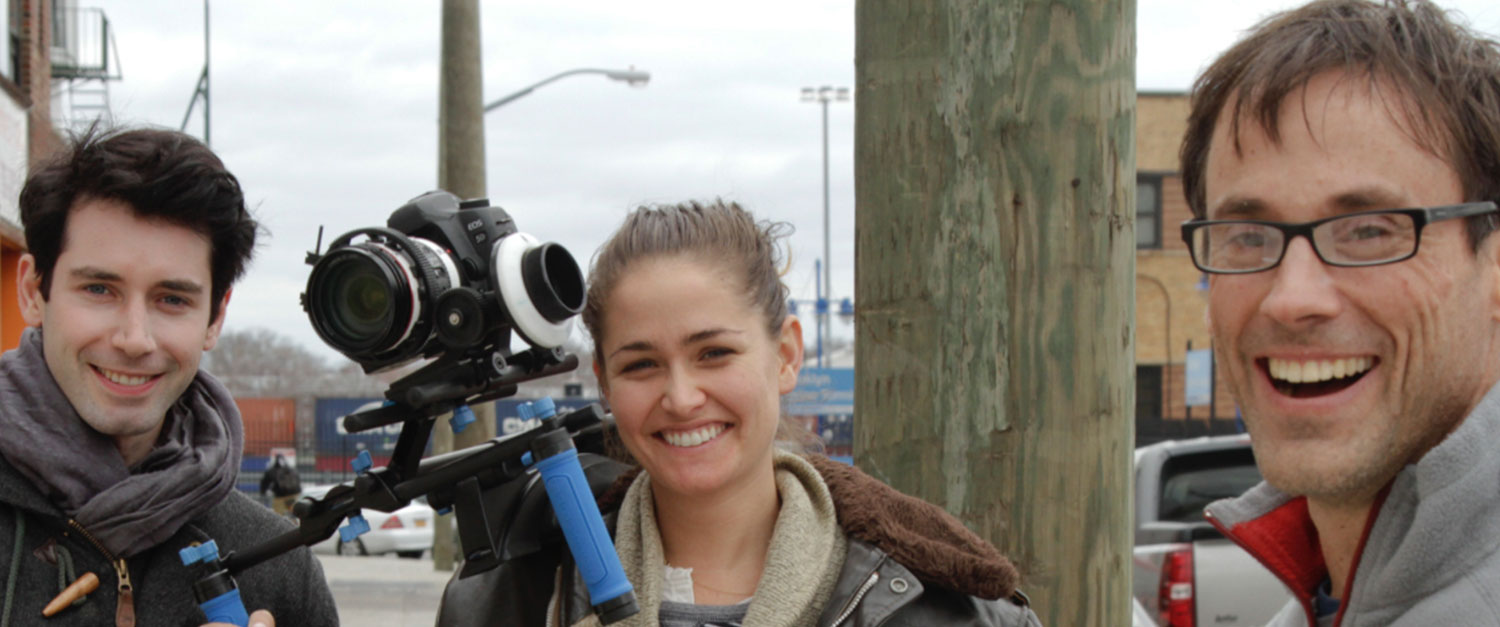This unique, professional directing workshop is designed for filmmakers and actors with a passion for visual storytelling. It provides you with a very unique opportunity to gain first hand directing experience under James’ expert guidance.
The workshop is fast, intensive and absorbing. Our key goal is to give students the tools, the mindset and the support they need to work in the real world. By the end of the workshop, students will have evolved professionally, worked with an industry leader, and have professional directing experience.
A graduate of the University of Southern California School of Cinematic Arts, MFA Directing, James has created a practical, hands-on workshop where directors have the opportunity to audition, rehearse and shoot scenes with actors, under his guidance. Prior to the beginning of the workshop, directors and students will receive copies of the scenes to be worked on, so they may prepare fully. Each member of the workshop will receive a copy of the material they shoot, for use in their showreel.

Director of the acclaimed feature, “Hank and Asha” (winner of over 14 international awards), Prague Film School Directing and former Stone Street Studios/ NYU Tisch drama Instructor James Duff’s Directing the Actor for Film Workshop covers practical actor directing training, specifically for the camera. James’s extensive Los Angeles and New York Theater directing experience compliments his considerable film and African documentary experience.

Class 1: Casting and Script Breakdown (4 hours)
Homework: Each student will find a two-page scene with two characters from a produced feature length screenplay, and break it down. The scene must have the potential for actor movement; no car, table or desk scenes.
Class 2: Rehearsal (4 hours)
Each student will direct their chosen scene in a rehearsal setting using the script breakdown technique. The actors will be other students in the class, assigned by the instructor.
Class 3: Camera and Blocking (4 hours)
Each student will block their chosen scene using the same students as actors, and experiment with camera placement, coverage and movement.
Homework: Students must be “off-book” for their scenes the next day.
Class 4: Shooting a Scene in One Setup Exercise (4 hours)
Each student will shoot their scene in one camera setup. They will block the scene and move the camera to capture the action at the most appropriate angles without making a cut. We will review the scenes on tape, and discuss how the scenes would play differently if shot with traditional coverage as well as analyzing each performance. Students may keep the scenes for their showreels.
«A class you can’t miss if you are thinking of becoming a serious director. Something you will not learn in a traditional film school. James has developed a unique and outstanding technique to approach actors to bring out the most of any performer, and to create endless possibilities to deliver a scene. His kindness and open-minded personality leave you space and confidence to ask, create and grow as filmmaker.»J. Salazar
«James is one of the strongest and most respected teachers I have ever had. He approaches directing in a very open way, his love for practical idioms of the cinema will always stay with me. He has the talent to pinpoint your strengths, but then in a very kind way make you aware of what you need to work on.»M. Carlan
